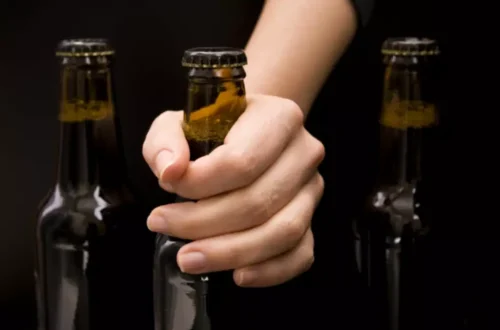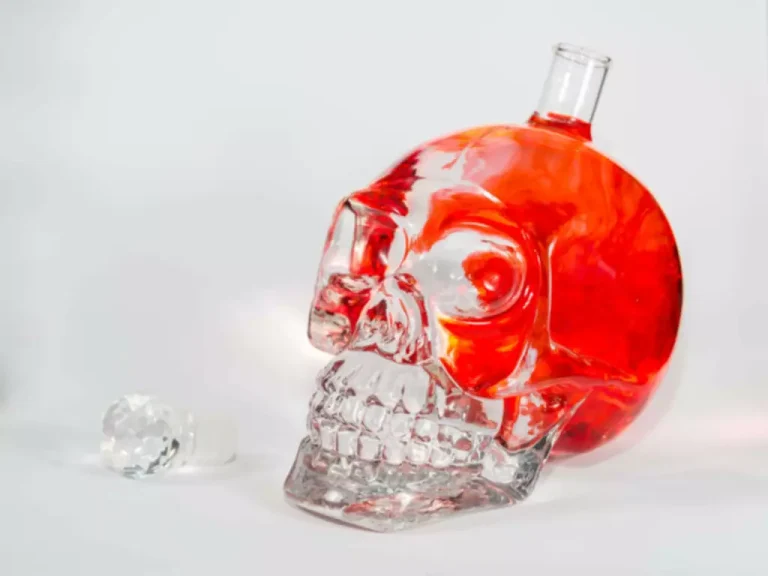High Risk Substance Use in Youth Adolescent and School Health

33% of 15-year olds have tried at least one drink, and 35% of 12th graders have indulged in alcohol within the last 30 days. Because denial is common, you may feel like you don’t have a problem with drinking. You might not recognize how much you drink or how many problems in your life are related to alcohol use. Listen to relatives, friends or co-workers when they ask you to examine your drinking habits or to seek help. Consider talking with someone who has had a problem with drinking but has stopped.
Ramifications of Underage Alcohol Use

Since the physical and mental urge to use is so strong, it becomes very hard to stop using a substance. Before talking with your teen, it may be helpful to speak with a healthcare provider who specializes in addiction to obtain guidance.8 They can help walk you through ways to support your teen without blame or lecturing. The types of confrontational interventions you see on TV can lead to shame and a refusal to get treatment.
- Preliminary evidence also suggests these dopamine system changes enhance later reactivity to the rewarding, but not harmful, effects of alcohol (123), although this requires further investigation in both animal and human studies.
- Most importantly, playing an active role in child’s life by knowing their friends, participating in healthy and fun family activities, and having conversations about life in general can limit the risk for teenage alcoholism.
- Too much alcohol affects your speech, muscle coordination and vital centers of your brain.
- For parents, finding out that they have a teen with alcohol use disorder can be devastating.
- Many teens mistakenly believe that because these medications are prescribed by doctors, they must be safe.
What is the treatment for alcohol intoxication and alcoholism?

However, even a mild disorder can escalate and lead to serious problems, so early treatment is important. Alcohol use disorder is a pattern of alcohol use that involves problems controlling your drinking, being preoccupied with alcohol or continuing to use alcohol even when it causes problems. This disorder also involves having to drink more to get the same effect or having withdrawal symptoms when you rapidly decrease or stop drinking.
How to Help an Alcoholic Teen
Therefore, healthcare professionals recommend limiting access to alcohol or other drugs, addressing any risk factors of the youth or family, as well as optimal parental supervision and expression regarding expectations. Young people who drink alcohol are more likely to engage in risky behaviors that can lead to injuries and other health conditions. They’re also more likely to experience social, academic, and legal issues.
Screening by a primary care provider or other health practitioner (e.g., pediatrician) provides an opportunity to identify problems early and address them before they escalate. It also allows adolescents to ask questions of a knowledgeable adult. NIAAA and the American Academy of Pediatrics both recommend that all youth be regularly screened for alcohol use. The consequences of underage https://ecosoberhouse.com/ drinking can affect everyone—regardless of age or drinking status. Discuss and agree a plan in advance Although teenagers may want to be left on their own, it’s reasonable for you or another adult to be at the party venue (even if it’s not in the same room). These effects can mean that a teenager doesn’t do as well in school, resulting in lifelong negative impact on their potential.
Underage Drinking
Many teens mistakenly believe that because these medications are prescribed by doctors, they must be safe. Opioid painkillers, ADHD medications, and anti-anxiety drugs are all potential gateways to addiction when misused. With the rise of online betting and in-game purchases, teenagers are being exposed to gambling-like behaviors at an alarming rate. What starts as a harmless game can quickly spiral into a dangerous habit, draining bank accounts and destroying lives. Get professional help from an online addiction and mental health counselor from BetterHelp. 10% of eighth graders report drinking at some point, and prevalence of alcohol increases with age.

For example, research demonstrates that the Internet and advertising, including that which occurs on social media, promote drinking behaviors in teenagers. According to data from the National Survey on Drug Use and Health in the United States, alcohol is the most frequently used drug by teenagers. Significant statistics regarding alcohol use in teens include that about half of junior high and senior high school students drink teenage alcoholism alcohol on a monthly basis, and 14% of teens have been intoxicated at least once in the past year. Nearly 8% of teens who drink say they drink at least five or more alcoholic drinks in a row (binge drinking). Underage drinking can expose teens to a litany of consequences, but there is hope. If your child shows signs of alcoholism, or changes in behavior due to increasing alcohol abuse, contact a treatment provider today.
As teenagers get older, it’s not unusual for parties to become part of their lives – and that can mean they’ll start to be exposed to drinking amongst their peers. If you have a child who’s reached this stage, there are things you can do to keep them safe. As we wrap up this deep dive into teen addiction, it’s easy to feel overwhelmed. With early intervention, support, and the right resources, teens can and do recover from addiction.
What Are Some Reasons to Not Drink?
Authorities have also charged his father, Colin Gray, alleging that he gave his son access to the gun when he knew or should have known that the teen was a danger to himself and others. ATLANTA — (AP) — The 14-year-old who is accused of killing four people in a Sept. 4 shooting at Apalachee High School in Georgia started school two weeks late and then was absent for nine more days before the shooting, investigators said Friday. At WDIV, we are committed to informing and delighting our audience. In our commitment to covering our communities with innovation and excellence, we incorporate Artificial Intelligence (AI) technologies to enhance our news gathering, reporting, and presentation processes. Read our article to see how we are using Artificial Intelligence.

